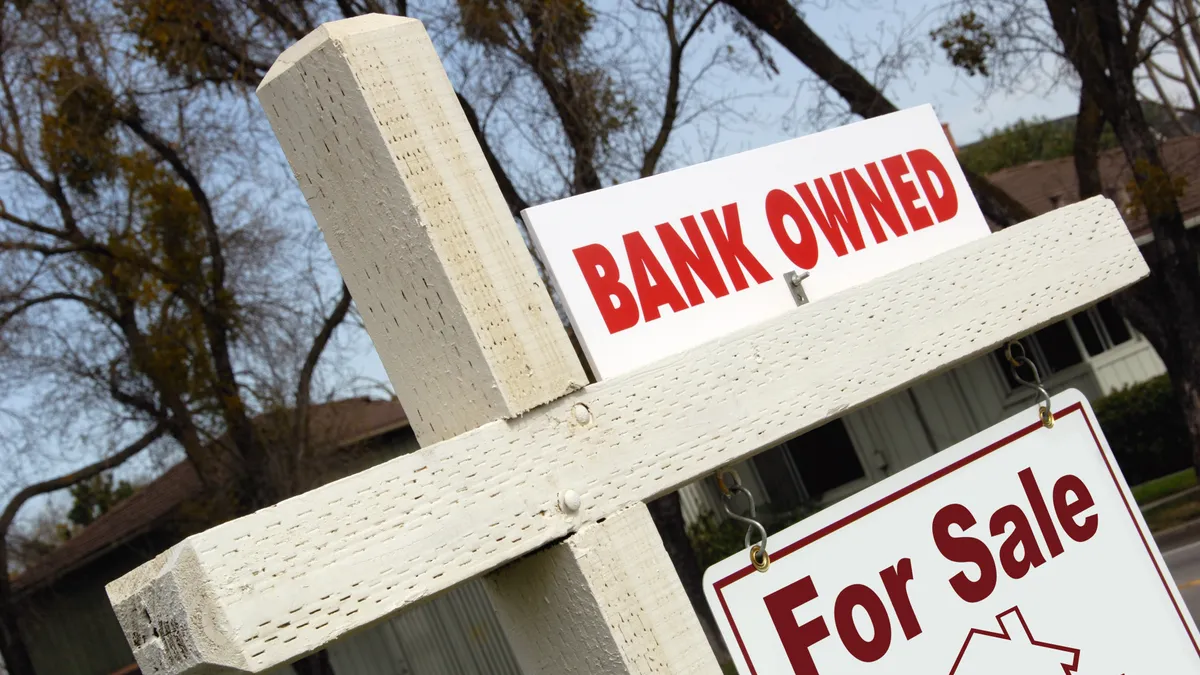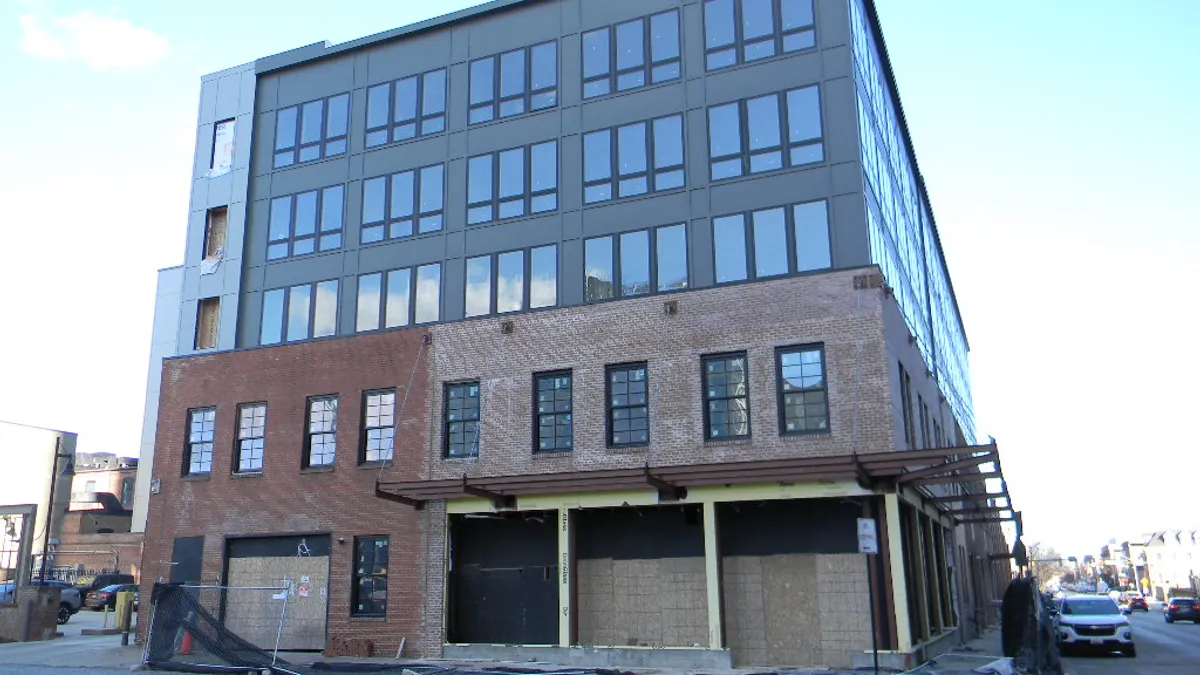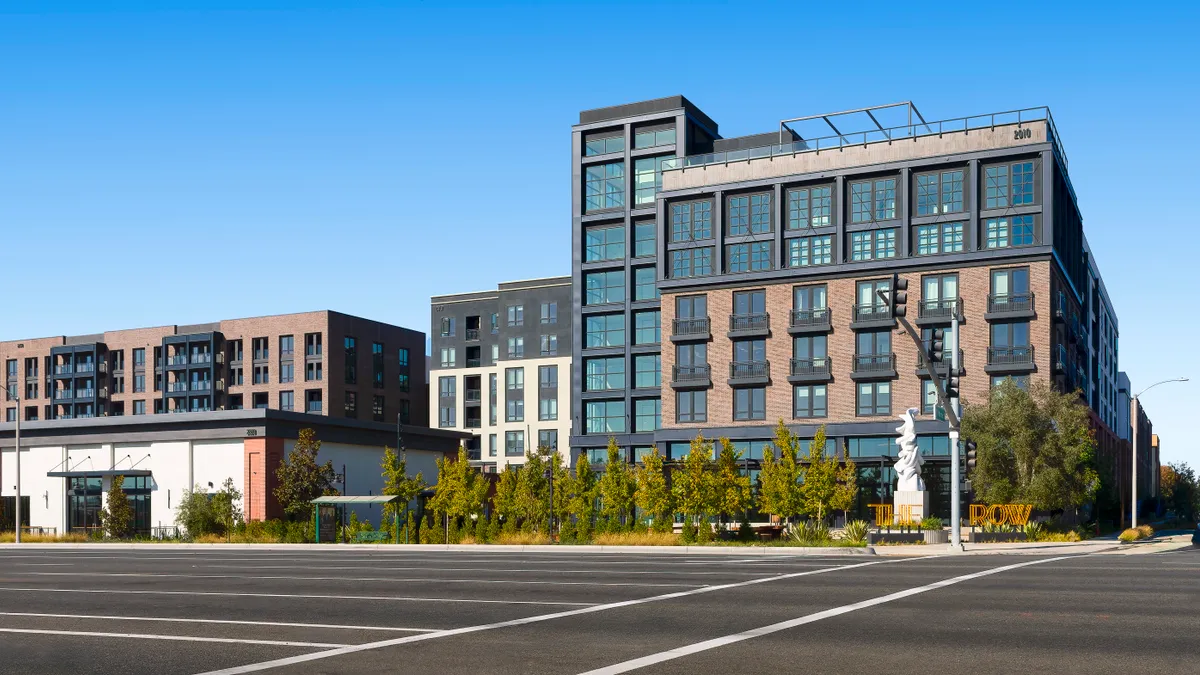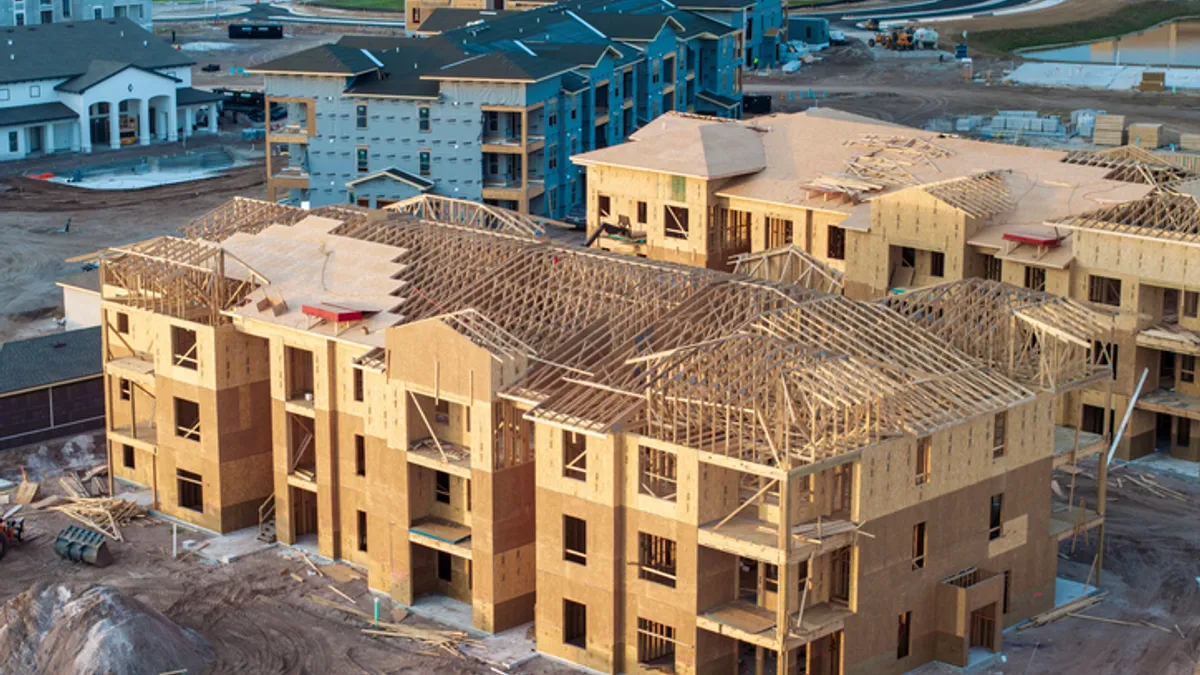Louis Rogers and Gus Remppies first discussed the idea of adding a property management division to Glen Allen, Virginia–based apartment owner Capital Square in 2020. But for various reasons, including the tight labor market and lack of scale, they decided the time wasn’t right.
But the pair didn’t let the idea go. Last year, Rogers, the firm’s founder and co-CEO, and Remppies revisited their discussions. By that point, the calculus had changed.
“Toward the middle of last year, when Louis and I were sitting down and talking, there were 14,000 apartments in the various investment vehicles that Capitol Square had,’” said Remppies, president of the firm’s new subsidiary, Capital Square Living. “At that point, we had the size to be able to put together a best-in-class, scalable property management platform.”
By jumping into property management, Capital Square is going against the grain in some respects. As the cost of technology to operate apartments has grown more expensive, some companies like Fort Lauderdale, Florida–based developer, builder and manager The Altman Cos. are outsourcing parts of their operations.
For Capital Square, building an internal management team means it has better control of the properties it invested millions to buy and build in the Sun Belt. But operating rental properties isn’t for the faint of heart. To succeed in the low-margin business, a company needs to invest in both technology and people as it adds units.
A growing portfolio
As new Capital Square apartments and build-to-rent communities hit the market, Capital Square Living will be ready to assume management. Fifty of the company’s 56 properties (about 12,000 units) will be turned over to Capital Square Living from third-party operators by May 2024, according to Remppies.
Expect that number to grow. Capital Square specializes in buying properties through vehicles such as Delaware Statutory Trust 1031 exchanges that offer its investors tax advantages.
“My former career as a tax lawyer led me into 1031 exchanges, real estate investment trusts, Opportunity Zone funds, development funds — any of those things that involve real estate and have tax provisions,” Rogers said.
The company expanded quickly after its launch in 2012 by buying properties in different asset classes. But, five years ago, it pivoted to focus on multifamily, including Class A and Class B properties in the Southeast through Florida, Texas and Tennessee. It soon added Opportunity Zone development and build-to-rent home construction to its list of specialties. They soon became growth engines for the company’s portfolio.
“The basic acquisitions for 1031 exchanges in the DST program are slower than last year,” Rogers said. “But the combination of Opportunity Zones, build for rent and the DST’s will make for a lot of additional properties to be managed. So it will continue to grow at a pretty rapid pace.”
The more properties Capital Square adds, the easier it is to spread costs across the platform. “I’ve managed portfolios as big as 34,000 apartments,” Remppies said. “At that point, it's very easily scalable.”
Staffing up
For Rogers and Remppies, strong property-level performance can increase the value of assets already worth millions of dollars and satisfy its nearly 7,000 investors. Even if property management itself is a low-margin business, those benefits can make scaling up worthwhile.
“We believe that if we can have those employees fully engaged and maximizing the potential of the properties, they'll take care of those residents,” Remppies said. “And then those residents, in turn, will stay with us longer.”
Remppies began building out his management team with past colleagues from Richmond, Virginia–based Landmark Apartment Trust, like Ryan Perez, senior vice president of shared services, and Steve Wunch, vice president of learning and development.
Even though the labor market is better than it was two years ago, ramping up will still have its challenges. Capital Square will focus on getting the current on-site associates to stay on board when it takes over a property; it has so far kept 100% of the staff in the first two properties it absorbed.
“In this transition, Capital Square’s asset managers have been working with the third-party managers,” Rogers said. “So we know the on-site people.”
While Remppies doesn’t expect 100% of on-site staffers to stay on board when their property is transferred to Capital Square, he is optimistic many will join his team due to the long-standing relationships the company’s asset management team has with property employees and the excitement of starting something from scratch.
“We're new,” he said. “We can be so much more creative [compared to larger managers] and so much more inventive in what we can do to move the needle.”
The tech balancing act
Many apartment executives see the adoption of new technology as a challenge as they work to fit it in with their existing systems. But Capital Square is starting with a blank slate. Remppies sees that as a huge benefit.
For instance, Capital Square is implementing the latest Yardi property management software and revenue management software from RealPage. “It's a RealPage product that took the best of YieldStar and the best of LRO,” Remppies said. “It is just light years from where we were.”
But Capital Square will look outside the large vendors if it isn't comfortable with a product.
For instance, Remppies thinks it may be able to find mobile maintenance programs that are better for its platform. “We're going to plug and play when it makes sense for us,” Remppies said.
Despite these investments, don’t expect Capital Square to take too many responsibilities away from its management teams.
“We will try to maximize the technology we have on properties but still keep that human touch involved,” Remppies said. “We want our team members to be interfacing with all of our residents.”
Click here to sign up to receive multifamily and apartment news like this article in your inbox every weekday.


















